Blessings on this meal, may it nourish and heal!
Finally, in Week 3, I started seeing the benefits of this diet. The biggest changes I noticed were an energy boost, a more stable mood (finally out of the carb withdrawal phase), and better sleep. With these in place, I was more productive at my intense full-time job and still had energy left over for exercise— W’s all around. It wasn’t perfect, though; and I still had a few hiccups along the way.
Upon reflecting on my experiment, I figured it was finally time to throw on the metaphorical lab coat. I realised that I couldn’t just attribute the great week solely to meat—other factors were definitely contributing to my good week. You could even say it was a mixed bag of vegetables…eish, I mean variables.
Here's why:
The Move: I recently moved out of my parent’s house and into a new flat with my best mate, Mullis. The novelty and freedom have given me a real energy boost! (Mom, don’t worry, I’m not saying home is worse, though my bank account isn’t happy at all.)
The Commute: My commute is now only 25 minutes instead of 1.5 hours. This saves me an entire 75 minutes daily, which means more sleep, a slower pace, and morning yoga before work.
The Looming CFA Result: While I was on a productivity high from Monday to Wednesday, Thursday morning brought a tidal wave of stress: I was getting my CFA Level 3 results. After months of hard work, it all came down to that moment—not even a dollop of butter could ease my fear of failing. Fortunately, I passed, taking me from stressed to euphoric for the rest of the week!
Summer Vibes: My support network is generally amazing, and with summer on the way, Cape Town’s social life is waking up again after the winter slumber months.
So, here’s a quick tangent on how I’m learning to process scientific information and stay sceptical, even when listening to charismatic thought leaders on these difficult subjects. In forming my beliefs, a meta-principle I’ve had to get to grips with is Association vs. Causality. (Feel free to skip to the weekly report section if you’re just here for the results.)
Association vs Causality
I'm running a one-man, single-subject experiment, tracking perceived lifestyle changes and a few rough data points. There’s no control group, and the only consistent variable is that I’m eating only meat, butter, and eggs.
Before diving into the studies that "so-called" experts often reference, let’s quickly define association vs. causality. Association is when two variables are related or happen together, while causality means one variable directly causes the other. For example: on a hot day at the beach, higher ice cream sales occur alongside more sunburn cases. Although there’s an association between ice cream sales and sunburn, it doesn’t mean ice cream causes sunburn. The real driver is hot, sunny weather, increasing sunburn risk and ice cream purchases. This shows that association (two things happening together) is not the same as causation (one thing causing the other).
Most of the studies you’ll see “so-called” experts citing are observational (epidemiological). These studies identify patterns, associations, and risk factors in large populations, which makes it extremely difficult to control variables or test specific interventions. Observational studies often result in correlations without proving direct cause-and-effect relationships because they track participants’ existing behaviours and analyse outcomes over time.1
In contrast, an interventional study—often called a clinical trial—actively tests a particular change, such as a new diet or activity, on a group of participants to determine its effects. Researchers intervene by assigning specific conditions, often using randomisation and control groups to establish causation more clearly. For example, an interventional study on diet might assign one group to follow a high-protein diet and another to a high-carb diet, then compare outcomes to assess the specific effects of each. Even so, human studies can have confounding variables that make pinpointing causation tricky.
Food is a particularly controversial topic, and it’s notoriously hard to reach absolute truths in nutritional studies. For a proper clinical intervention study on diet, researchers would ideally control all other lifestyle variables, which is nearly impossible. To truly isolate dietary effects, you’d need to feed, say, twins on two different diets from birth while controlling every other variable—impractical and a bit unethical, wouldn’t you say?
For me, the main takeaway here is that finding truth in nutrition is especially challenging because most studies are observational, which can’t fully account for the complexities of individual habits and environments. As a result, I’m sceptical of broad nutritional claims and approach them with a “guilty until proven innocent” mindset—or at least look at how my own self-experiments make me feel.
Enough of the science basics, though—let’s get into this week’s results.
Weekly Summary
I had a killer week. My capacity to work, exercise, and stay clear-headed was at a high, especially following a challenging two weeks. My body’s becoming more fat-adapted, and the carb withdrawals were finally waning.
Here’s a quick breakdown of this week’s exercise:
Yoga: 6 sessions
Brazilian Jiu Jitsu (BJJ): 3 sessions
Run: 3 sessions
Compared to Week 2, I’d stepped up my recovery with more yoga. I did around 15-30 minutes of one of “Breath and Flo’s” yoga sessions every morning—it was an awesome way to wake up and help the body recover.2
I also lost about 4-5 kg over the first three weeks of this experiment. Although I don’t particularly need to lose fat, the carb cut and adjustment period likely caused my body to retain less water weight. Plus, all the running probably contributed to the drop. A funny moment also happened when I ran into a family friend (ex-vegan) who said, “Shoo Seb, you’ve lost a lot of weight, especially in your face—you must be careful, it almost looks unhealthy!”
I’d say I’m feeling and looking healthy enough.
Stress Levels (see the graph below) – measured here by the natural variation in time between heartbeats – also showed a consistent downward trend over the last four weeks. It would be great to use more rigorous data collection, but for now, I’m making do with my Garmin Fenix. Overall, I feel less stressed and have managed to avoid almond croissants at the shops and stay out of my mother’s pantry.
A negative note this week: I started noticing some energy drops related to coffee. I’d been having 1-2 cups a day, either black or with a bit of cream. According to a few videos I’d watched, coffee on a carnivore diet might affect nutrient absorption, which I still need to research. In my experience, though, I felt an energy dip about an hour after drinking coffee and started experiencing calf cramps when I added sprints to my runs. Whether it’s nutrient loss or something else, it seems sensible to try a 30-day no-coffee experiment. Logically, it makes sense since I rely on coffee for focus, and more than two cups tends to make me anxious. Still, giving up coffee would be one of the hardest experiments yet—nothing beats a morning coffee.
Another minor downside this week was some small pimples around my mouth. Despite feeling less stressed, I wondered if this might be due to fry pan spray (definitely need to up my face-wash game), increased sweating from more exercise, or simply eating more meat.
Check out my meat art collage below—I spiced things up this week with a meat salad in the bottom right! :)
Conclusion
This experiment has been a lot of fun, and I’ve really enjoyed chatting with readers of these blogs who’ve been following along. One of my biggest takeaways has been a shift toward being increasingly sceptical of the nutritional “experts” and “doctors” who taught us to rely on the modern-day food pyramid as I was growing up. As a child, my parents and I were conditioned to believe that 6-11 servings of grains per day was the gold standard. I used to eat two bowls of sugary cereal a day and was a chubby sugar addict as a kid. If you look below, you’ll see I’ve found an alternative food pyramid that might serve us all better. ;)
It’s fascinating to consider the bigger picture. In 2022, the World Health Organisation reported that 2.5 billion adults aged 18 and older were overweight (43% of the world) compared to 25% in 1990. Clearly, movements like Carnivore have emerged in response to shocking statistics like these, as more people begin to wake up to the crisis of a malnourished world.
On a more mellow note, I’m also looking forward to a well-earned indulgence soon—a pizza and ice cream experiment to see how my body feels after straying from the strict carnivore method. Many in the carnivore community say there’s a big drop-off in energy and focus after a carb binge, so I’m curious to see the difference firsthand.
If you want to keep the conversation going, please comment below—I’d love to hear about your own experiences or thoughts on diet and health! Also, feel free to check out the new FAQs page on my website, where I’ve started to answer questions like:
How to begin the first week of the Carnivore Diet?
Is fibre essential for a healthy gut?
How to deal with carb withdrawals?
See you next week, and thanks for being part of this journey!
P.S. Thank you Karl Naude for the beautiful Quote I began the blog with!
A cool epidemiological study done was on the concept of Blue Zones, which is the study of people in particular regions where they live longer and healthier lives. I remain sceptical though, as they are still only observations.




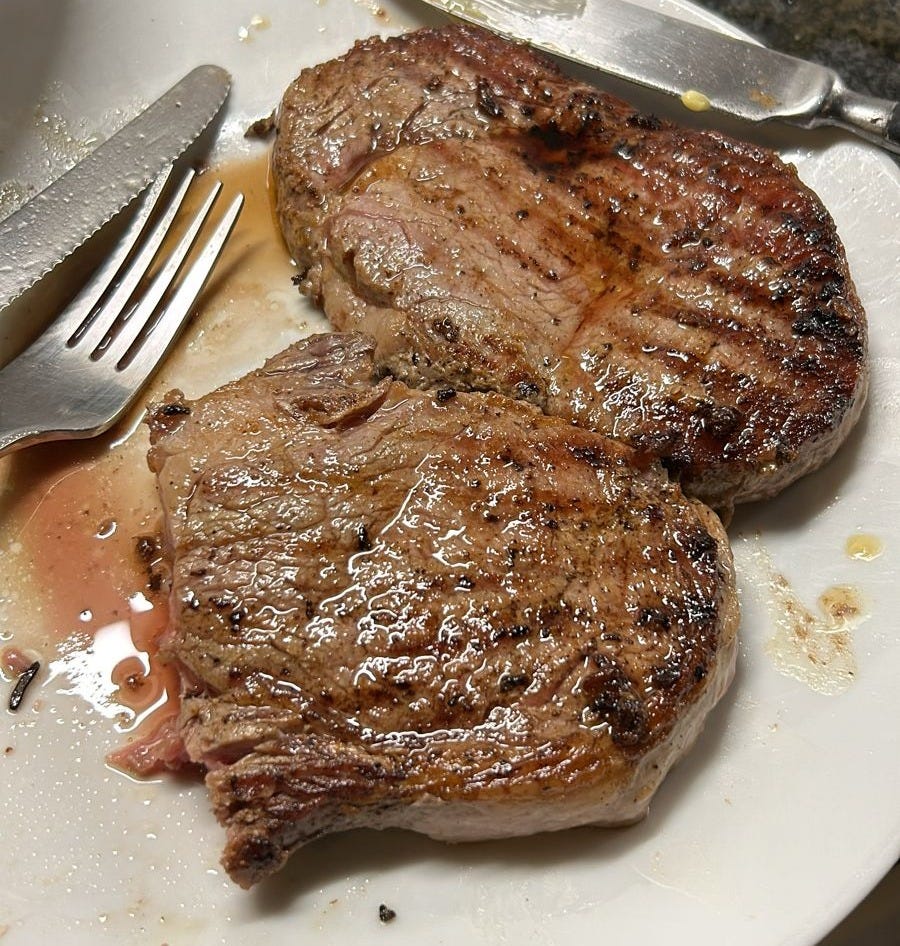
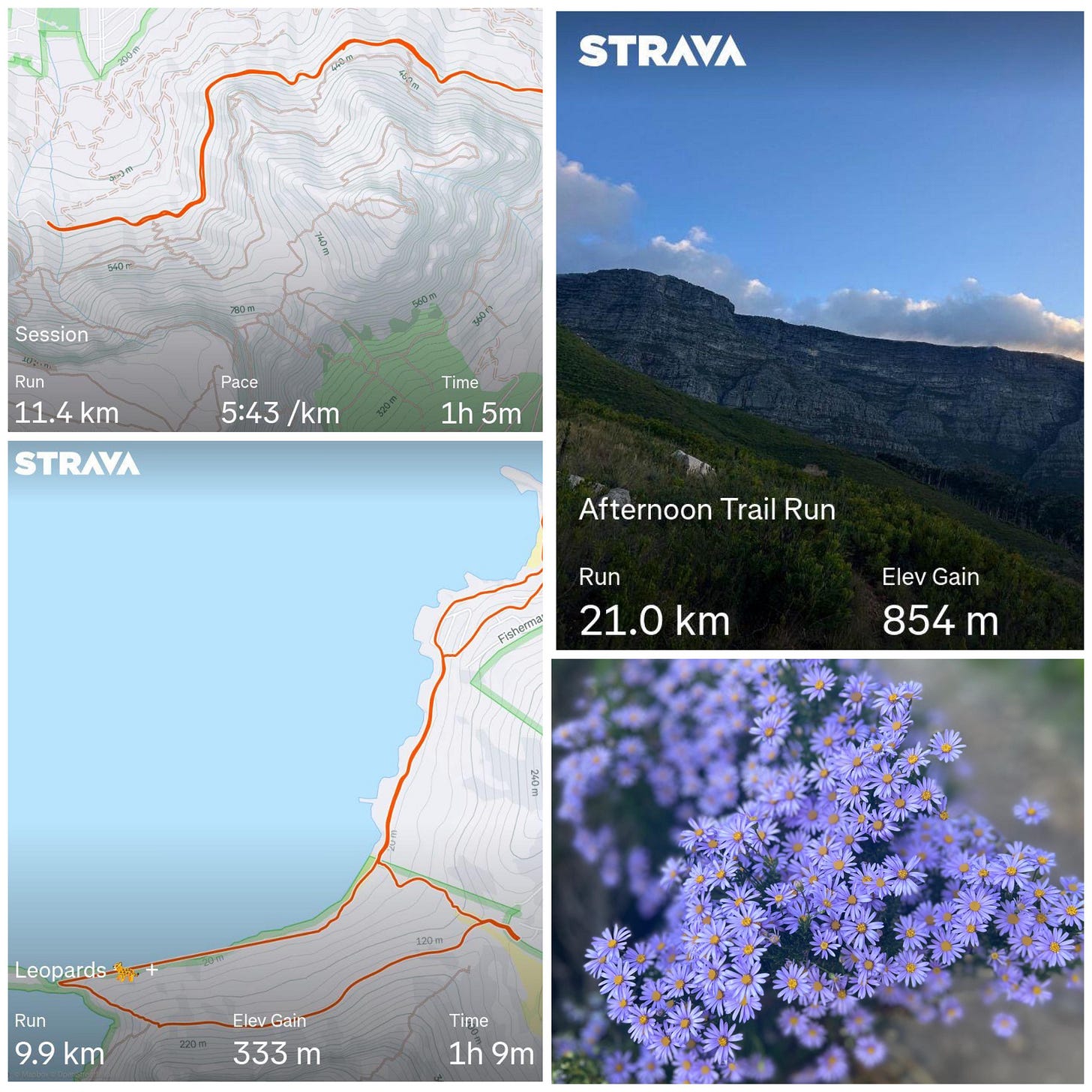

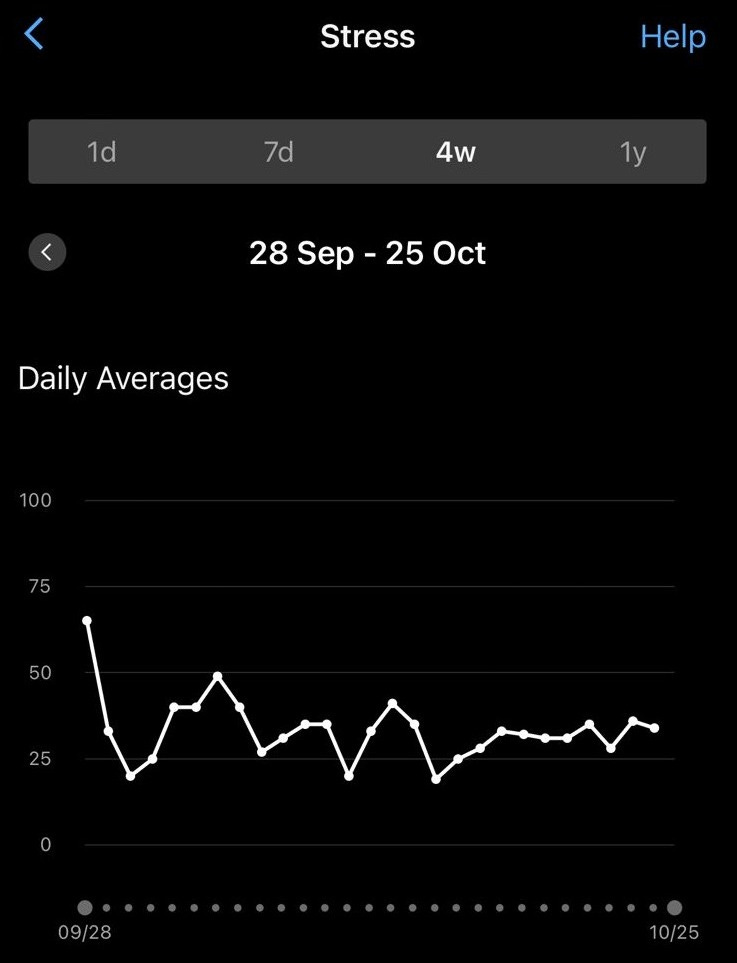
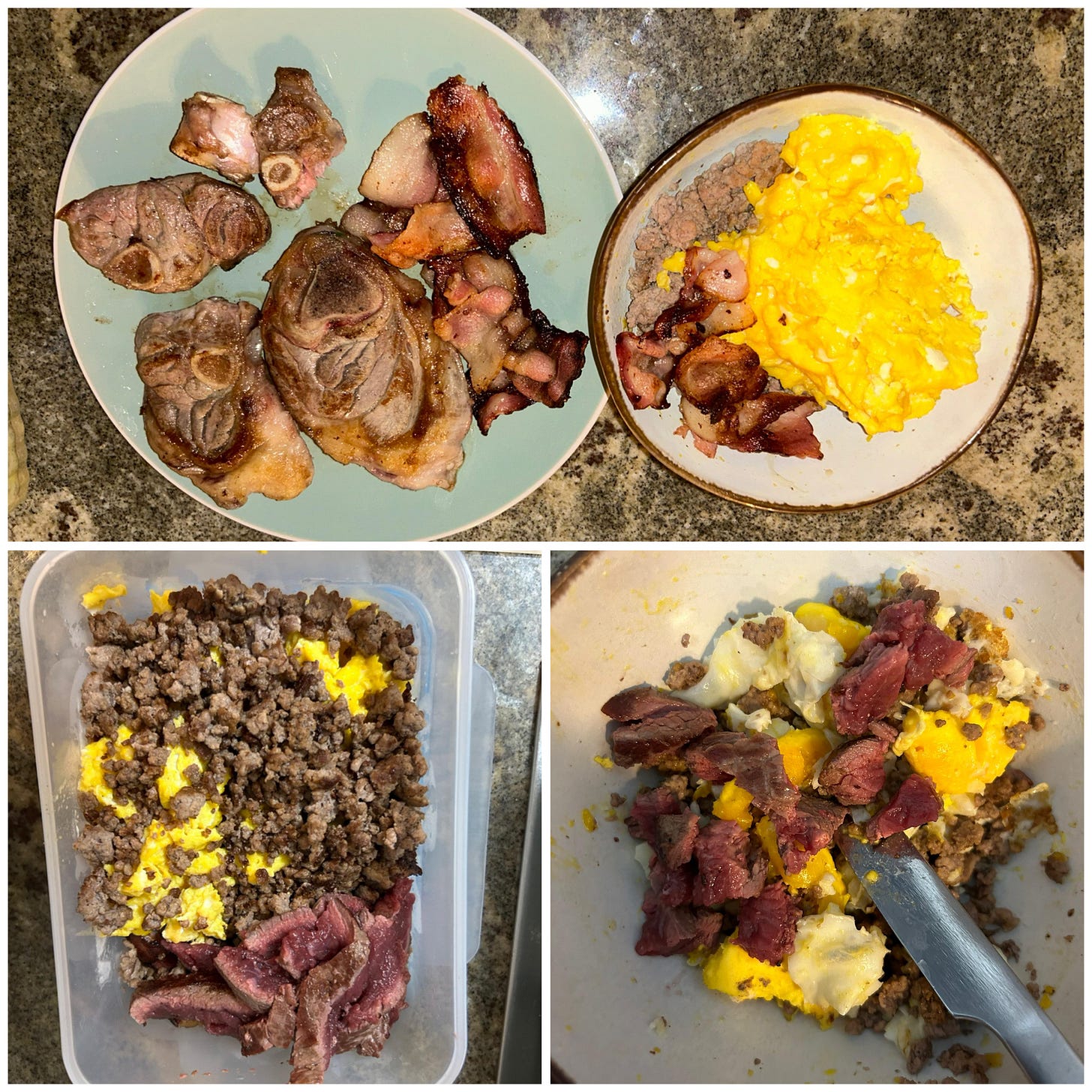
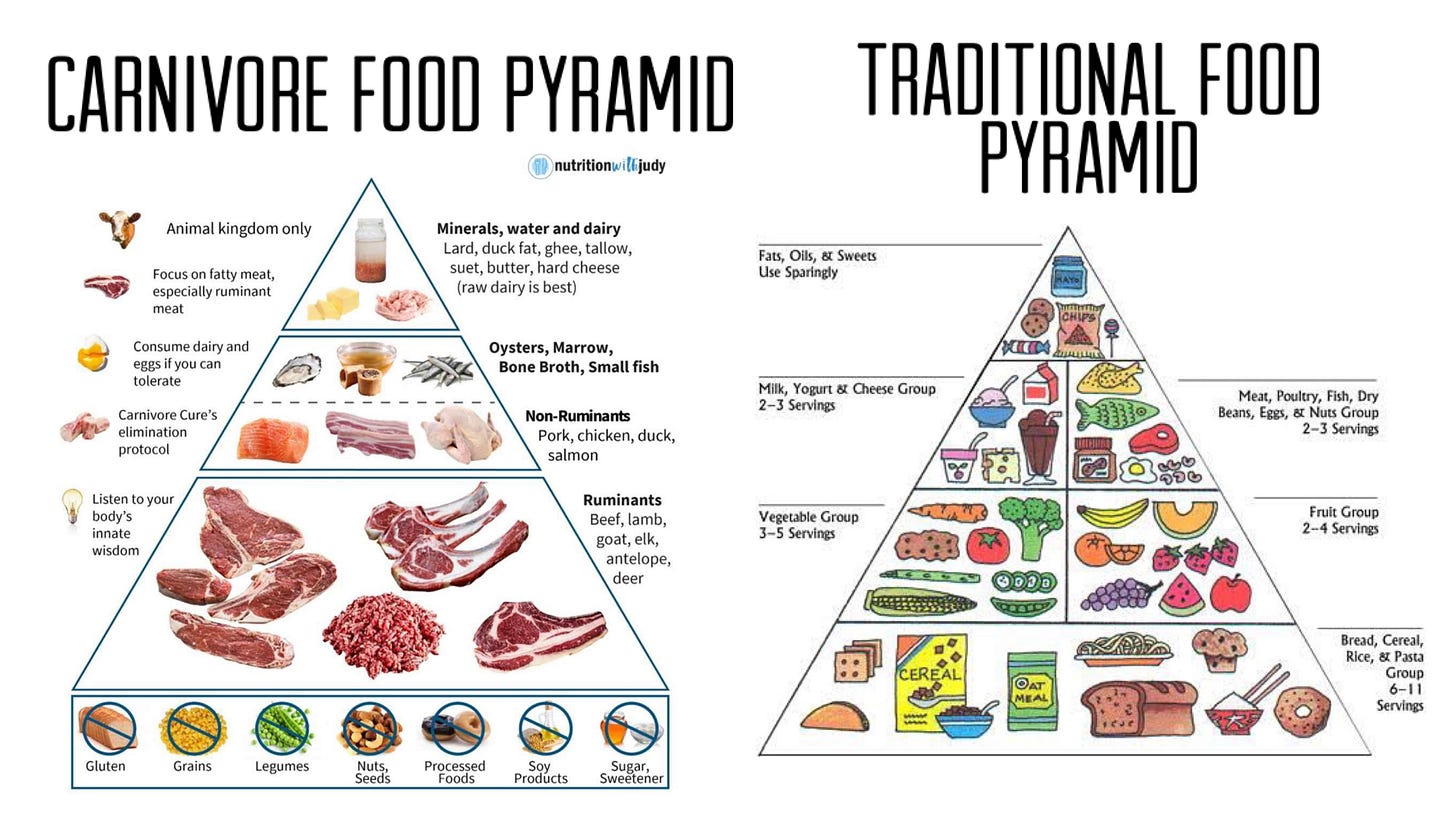
Another banger post Scientist Seb!
I fully agree with your thoughts on broad nutritional claims and I don’t believe in a ‘one diet fits all’ approach as we are all so different. I think one should find what works best for them, mentally and physically, which is exactly what you’re doing!
Keep up the good work 🙏
Absolutely loving what you're putting out! Thanks for sharing and putting everything together in such a thought-out way!